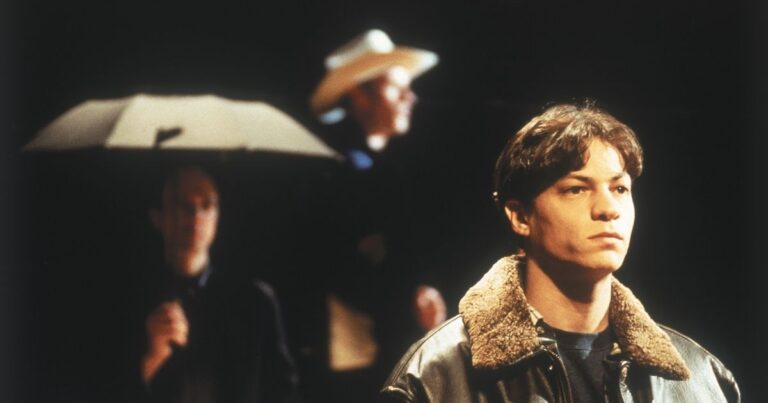
Budget’s suspension of belief
What is remarkable about the Budget papers is the discrepancy between rhetoric and stated plans of action, writes Shant Fabricatorian
As the main lever of fiscal policy available to governments, the Budget is – or should be – an affirmation of a government’s ideological and philosophical outlook. In difficult economic circumstances requiring tough either/or decisions, this is particularly true – especially when the public understands the need for those choices.
Needless to say, Messrs Rudd and Swan have been making the ‘challenging times’ argument for months. Yet, what we find in this year’s Budget is a remarkable dearth of new thinking, bold prescriptions, or indeed, any real indication that Treasury understands the nature of the crisis at all. Instead, we find the expectation of a remarkable hockey-stick turnaround – after contracting 1.5 per cent this financial year, Treasury reckons 2010-11 will see 2.5 per cent growth, and fully 4.5 per cent for the two years after that – 150 basis points higher than its long-run average expectation.
This is significant because it betrays Treasury’s real thinking on “the worst economic crisis since the Great Depression”: Treasury figures this appellation is a beat-up – the next 12 months will be tough, but things will take a turn for the better quickly.
They are wrong. Australia’s pain is only just beginning. Key to this is understanding the source of Australia’s surprisingly good trade figures in recent months, which are deceptive – a result of contracts negotiated prior to the crash and an Australian dollar down around 30-40 per cent. With new contracts being negotiated around prices 40-60 per cent lower than last year, a rising dollar and a retail recovery, these positive figures will not last.
Historically, too, evidence does not support Treasury’s projections. Recessions linked to financial crises have traditionally been associated with weak recoveries, usually a consequence of bad debts taking time to be purged from the system. With Australia’s economic performance heavily dependent on external influences, and the global financial system still hiding an unknown amount of toxic assets, these forecasts look alarmingly optimistic.
As unsatisfactory as this situation is, it is better than the alternative. What alternative? That being presented, supposedly seriously, by the Opposition: Australia faces a $210 billion revenue black hole over four years, in large part due to the squandering of the ‘long boom’ by the previous government – squandering much of the revenue proceeds on the proliferation of middle-class welfare and cutting corporate tax rates. Before Malcolm Turnbull and Joe Hockey get stuck into the size of the deficit (moderate by global standards), they should consider their own party’s role in causing it.
All of which does not excuse the Government’s timidity. Having failed to take the opportunity of a compliant public to correct poor policy (notably the myriad of middle-class welfare) is there a real expectation of any fundamental reform when things get really tough? The Budget reflects a willing suspension of belief on the part of the Government, and especially the Treasury, that things will blow over. They will, but not in the way they expect.









